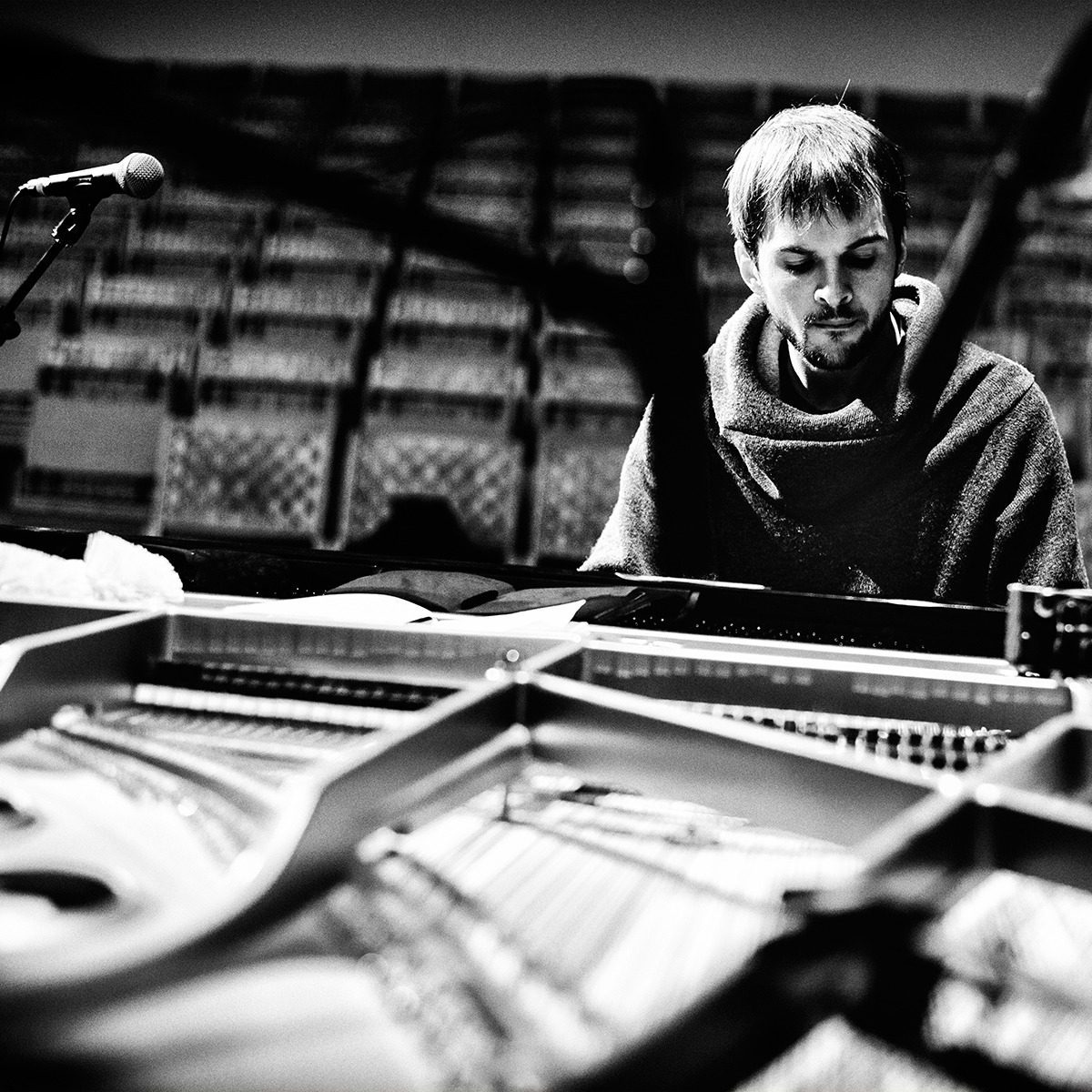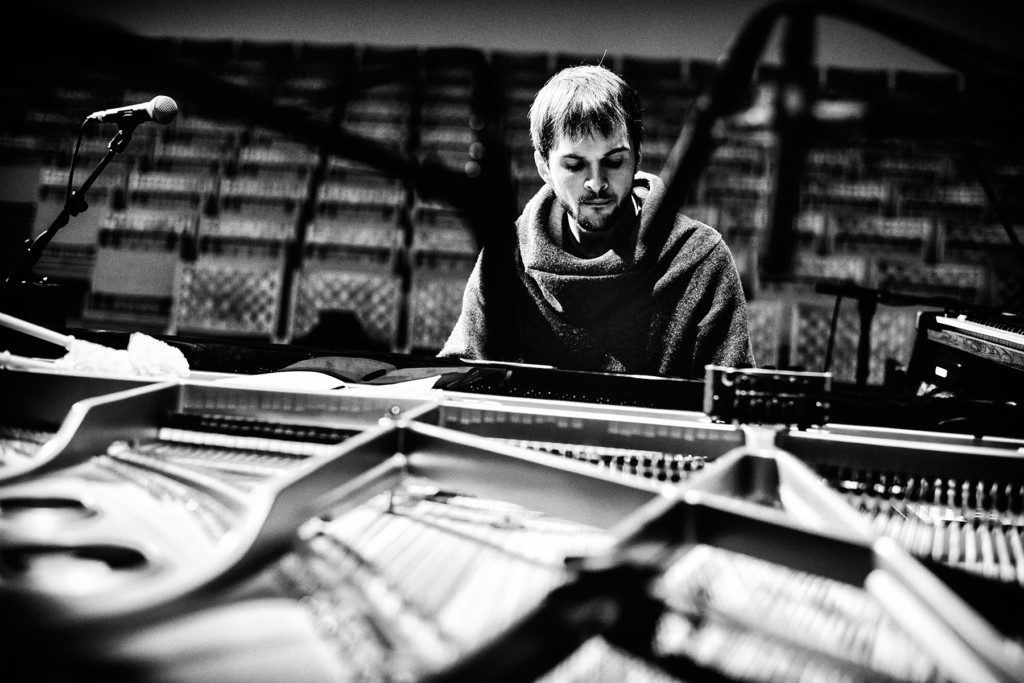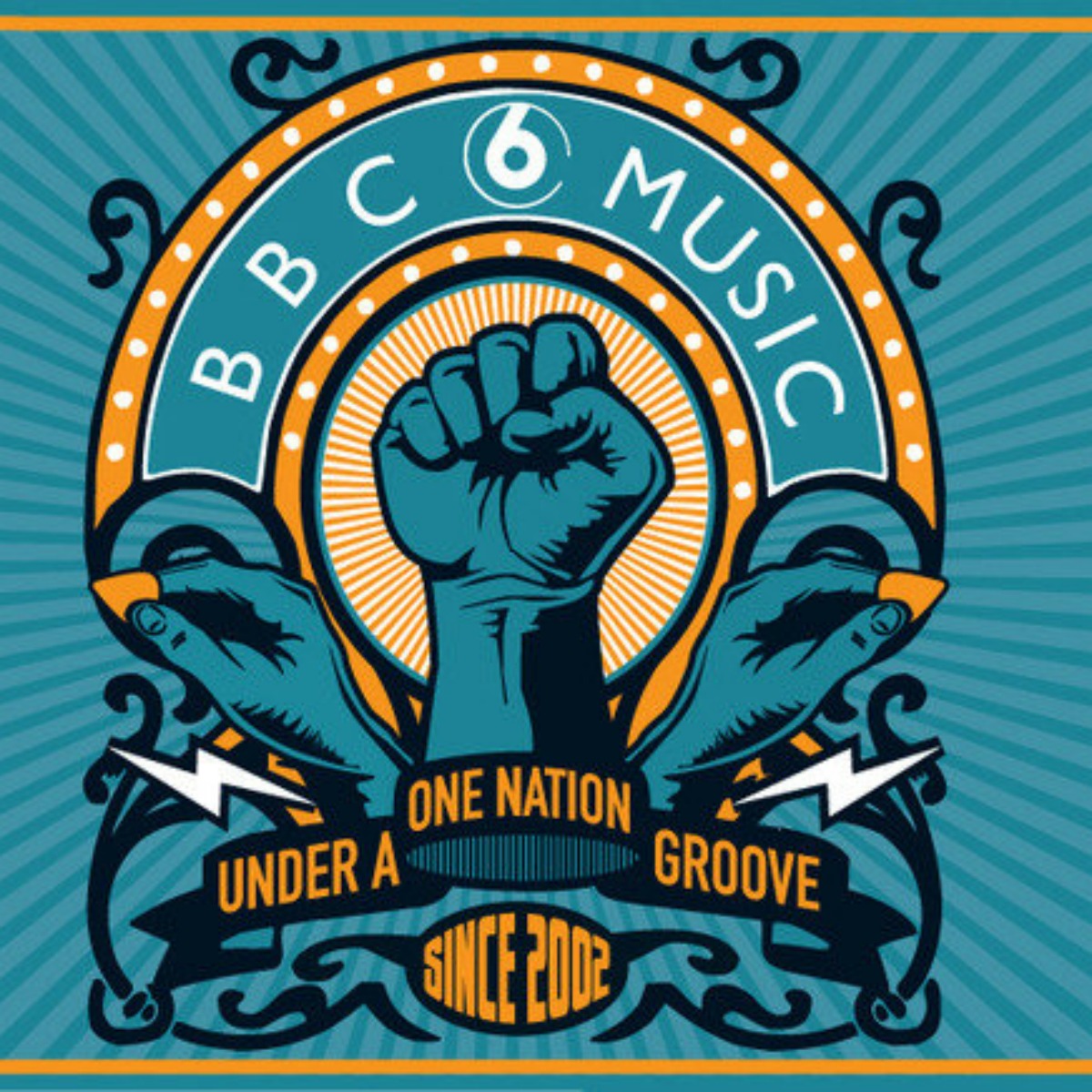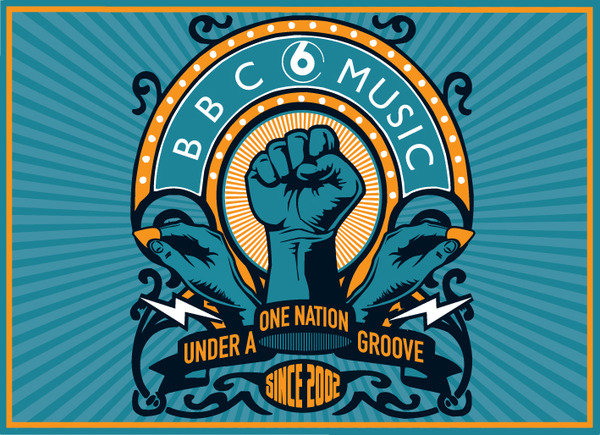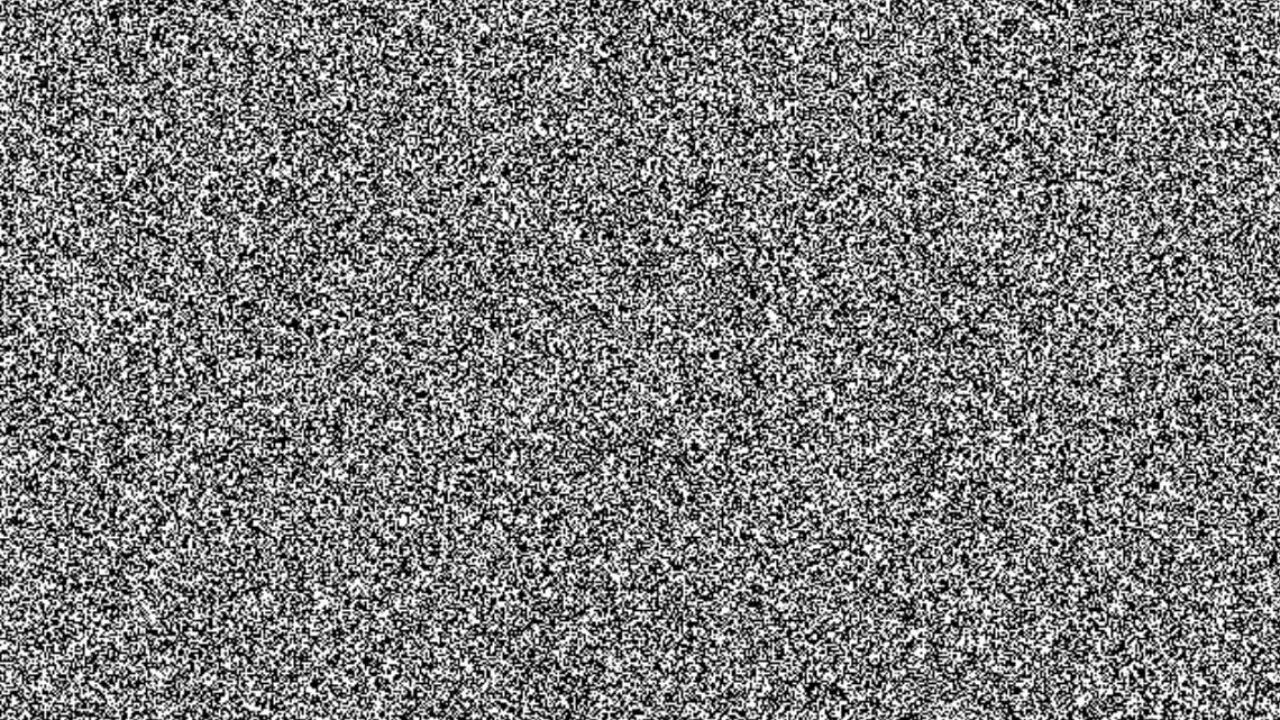
In the two brief periods I lived in London, I developed a new relationship with Sundays. For 15 plus years of my life, Sunday was directly associated with Monday, and therefore brought about a rash of panic as the unfinished homework piled up and the unknown week stretched like a canyon before me. In college, there was no Sunday freedom. The sewing studios at FIT were open seven days a week until 2am. I would work on my projects incessantly, catching the train back to Brooklyn in the wee hours and sometimes heading straight to the Pratt campus, where the studios were open 24/7 and I had a handful of pals to work alongside. New York Sundays was never a time of leisure.
When I moved to London to study abroad at Central Saint Martins, I was shocked to find that despite the fashion department’s reputation for maniacal workloads, their studios were only opened Monday through Saturday until 10pm. This was a frightening realization, as my routine 85-hour workweek was about to be sliced in half. At first I was reluctant, but in time I learned to relax. Powerless to sew sleeves on the jacket I was making at school, I was obligated to go outside, I guess. A routine was born. Every Sunday I would pull myself out of my twin dorm bed, throw on a raincoat, and walk 15 minutes to East London’s Brick Lane market. The market could be hectic, and was clogged with overpriced vintage booths, but since I wasn’t there to shop it didn’t matter. I was simply there to wander.
Before I got to hip Brick Lane I would take a detour through cheaper junk markets that were sprinkled around town. These were proper flea markets with heaps of scrap and isolated parts only pack rats would find valuable. Fortunately, I am a pack rat, and I appreciated that these markets were meritocracies, paying off for the patient and diligent diggers who took the time to rummage through an entire bin of garden hose valves to find one silver pendant studded with semi precious stones. After the junk market I’d wind through the Sunday crowds and procure the spiciest curry I could find along with a cup of tea. Then I would sit on the street, roll a cigarette, and watch the people, who were as diverse in age and dress as they were in nationality. I’d position myself across the street from the resident group of drunken old geezers, who sat playing mahjong for hours.
This Sunday ritual became invaluable during my three months in London. When it was gray and cold (which, let’s face it, was most of the time) the tingling curry spices would radiate throughout my gut and warm me. The fact that I could sit on the street and eat without falling victim to judgmental glances for doing so was an added bonus. This was the kind of Sunday I’d always heard existed, but I never believed that they did. Morrissey’s “Everyday Is Like Sunday” used to propose a frightening alternate reality, but ever since I made my market stroll the highlight of my week, I welcomed the possibility of every day being Sunday with open arms.
My relaxed attitude toward Sundays shattered like tempered glass when I returned to New York, where peace and leisure seem like auction items for the rich. The Sunday fear came back. There was no junk market, no budget curry, and certainly no allowance to plop on the street and drink tea without getting scowled at, or trampled by a swarm of rats. Sunday again meant Monday. Sunday night ushered in short breaths and rapid fire concerns. Sundays didn’t return until I returned to England, and though they took a different shape, it was like they’d been waiting for me to come back. These Sundays were tethered to Clapton Pond in London’s northeast reaches of Hackney. It was summer, which doesn’t mean all that much for temperate England, but it was warm and sunny enough to spend all day in the nearby park. This was 2013, the summer I learned to ride a bike in Hackney Marsh at age 23. It was a glorious time, when I had no idea where life would take me.
In the afternoons I’d linger in the kitchen of my friend Alice’s flat, where I was staying for free. After flipping on the electric kettle switch I’d twist on Alice’s radio, which was permanently dialed to BBC 6 Music. The radio was something I turned on everyday. At 6 or 7am Monday through Friday, and at 10am on Saturday. But on Sunday, the afternoon airwaves were for Jarvis Cocker.
Since January 2010, Pulp’s illustrious frontman has hypnotized listeners with his Sunday Service, an afternoon program on BBC 6. While DJs only have one job to fulfill – playing music – Cocker took his title to the next level, acquiring the mantle of a seasoned storyteller. His sets are filled not only with odd and obscure music, but swatches of found sound from the BBC archives, Cocker’s own field recordings, and the joyful noises summoned from the studio switchboard. Jarvis’ playfulness at the mixer accompanied his rich storytelling. It was not uncommon for a classical opus to follow a punk number, or a piece of poetry to precede one of Cocker’s philosophical ramblings. His deep, hushed voice seemed built for the radio, or perhaps a bedtime story.
I am thinking of all of this – of Sunday rituals and this fabulous radio show, because after seven years it is again time for a new tradition. On Sunday, December 31st, Jarvis Cocker will deliver his final Sunday Service. This news came to me earlier this month, when a cheeky Guardian headline decreed: “Jarvis Cocker Pulps his BBC radio show.” The information cut deep. Even though Cocker is known for taking breaks from the program (and getting killer fill-in hosts such as Cillian Murphy and Russell Crowe), his northern whisper and eclectic programming had become integral to my Sunday listening. Cocker has calmed my pre-Monday nerves for so long that I shudder to think what could take the place of Sunday Service.
It’s not solely my Sunday at stake here. Of the many friends I’ve recommended 6 Music to, most of them have admitted that the Sunday Service was their favorite program. One 6 Music convert was merely an acquaintance who took my recommendation to heart. The next time I saw him he looked stupefied. “I’ve been listening to 6 Music!” he exclaimed. When he spoke of Jarvis Cocker’s Sunday Service, he did so as if he’d struck gold.
That’s probably the most accurate descriptor I can find for Sunday Service: a goldmine of songs and sounds and interviews. On his most recent episode, which aired on Christmas Eve, Cocker dug into his own program archives to play bits of conversation with the likes of John Hurt, David Attenborough, and Monty Python’s Michael Palin, among a wealth of fantastic music. His first track for the set was the suspenseful “Snowed In” by Tim Rose, which happens to be the first song ever that Cocker ever played on the Sunday Service. Looking out the window at my parent’s home in Washington this morning, I listened to Cocker’s set and noted that there was indeed snow on the ground.
There may only be one official Sunday Service left, but so long as I can reach into the BBC 6 Music Archives for a bit of Jarvis Cocker’s wisdom and wit, everyday will be like Sunday. And as Cocker recently assured us, “It’s not goodbye, it’s just farewell.”

